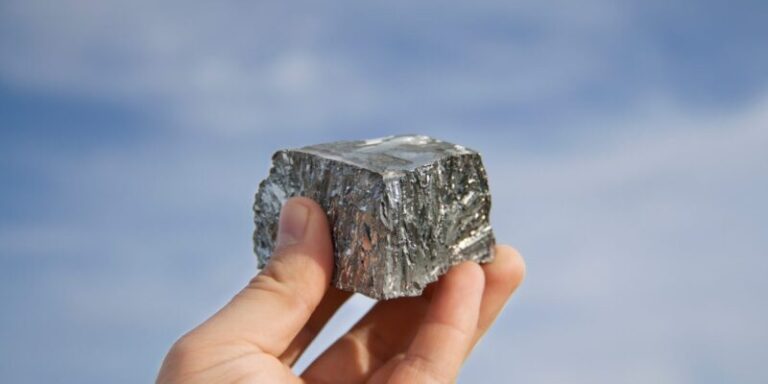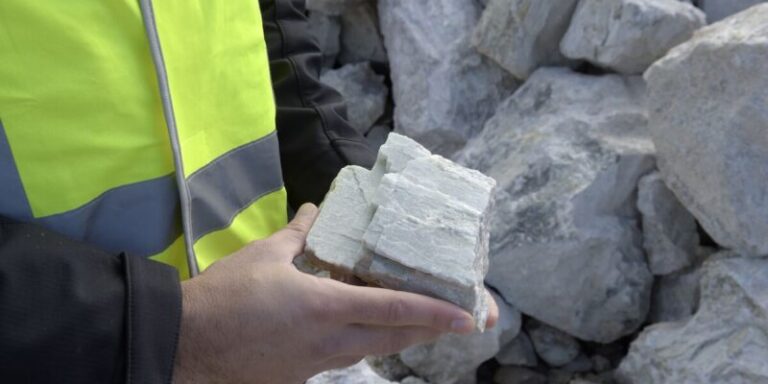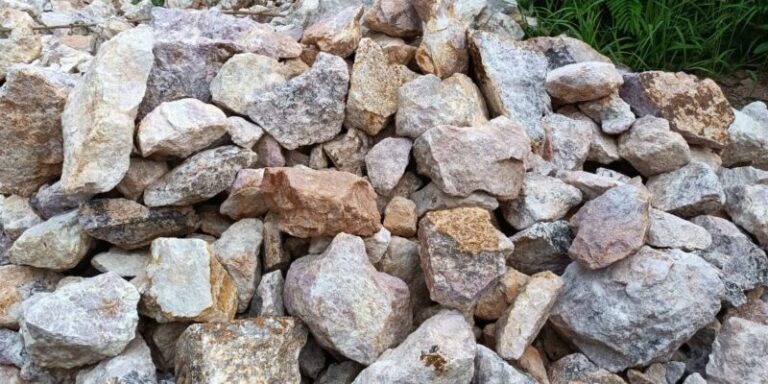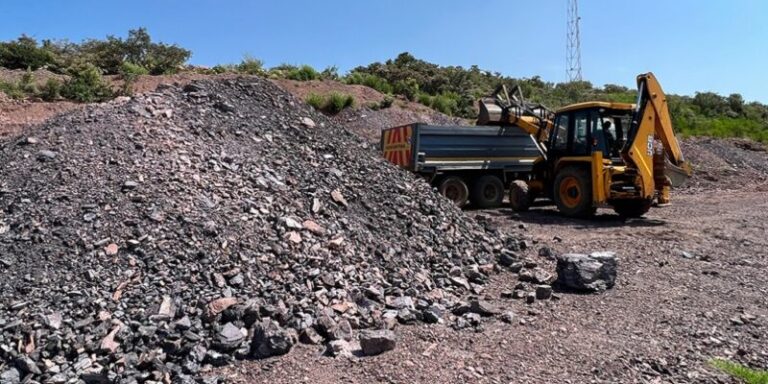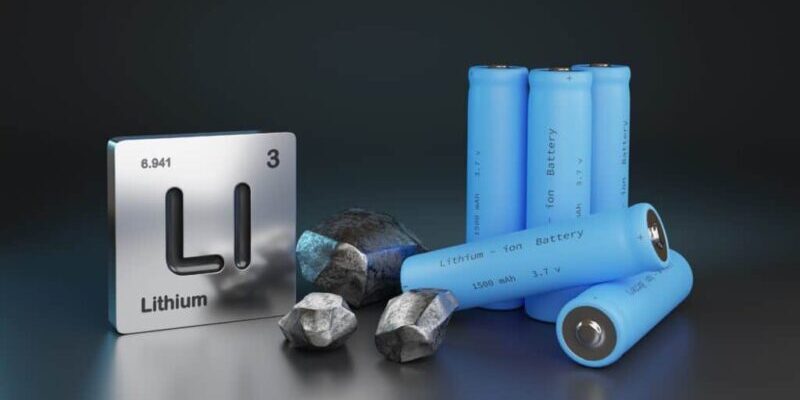
Chile is actively seeking approval for its lithium components to qualify for subsidies under the US Inflation Reduction Act, aiming to attract fresh investments to leverage its extensive reserves of the battery metal.
Nicolas Grau, Chile’s Economy Minister, expressed optimism about ongoing talks with the Biden administration, anticipating a favorable decision.
If approved, locally-manufactured lithium cathode could be integrated into electric vehicles eligible for US subsidies.
President Gabriel Boric’s administration has introduced a national lithium policy aimed at bolstering state involvement while encouraging investments in processing plants to transform semi-processed metal into battery components.
Extending subsidies to value-added Chilean lithium would incentivize US companies to invest in the country, fostering closer economic ties.
While raw materials from US trading partners qualify for subsidies, the eligibility of value-added products like cathode remains uncertain.
The Inflation Reduction Act incentivizes domestic production of electric vehicles and the sourcing of essential minerals from friendly nations with free-trade agreements, positioning Chile and Australia as strategic partners.
Notable companies, including Tesla and LG Energy Solution, have engaged in discussions with the Chilean government regarding lithium investments.
Despite a downturn in prices last year, Chile’s lithium exports mainly to China and South Korea remain significant, with a promising medium-term outlook.
Grau highlighted the importance of the new US-Chile tax treaty in facilitating bilateral investments and preventing double taxation, further strengthening economic cooperation between the two nations.


